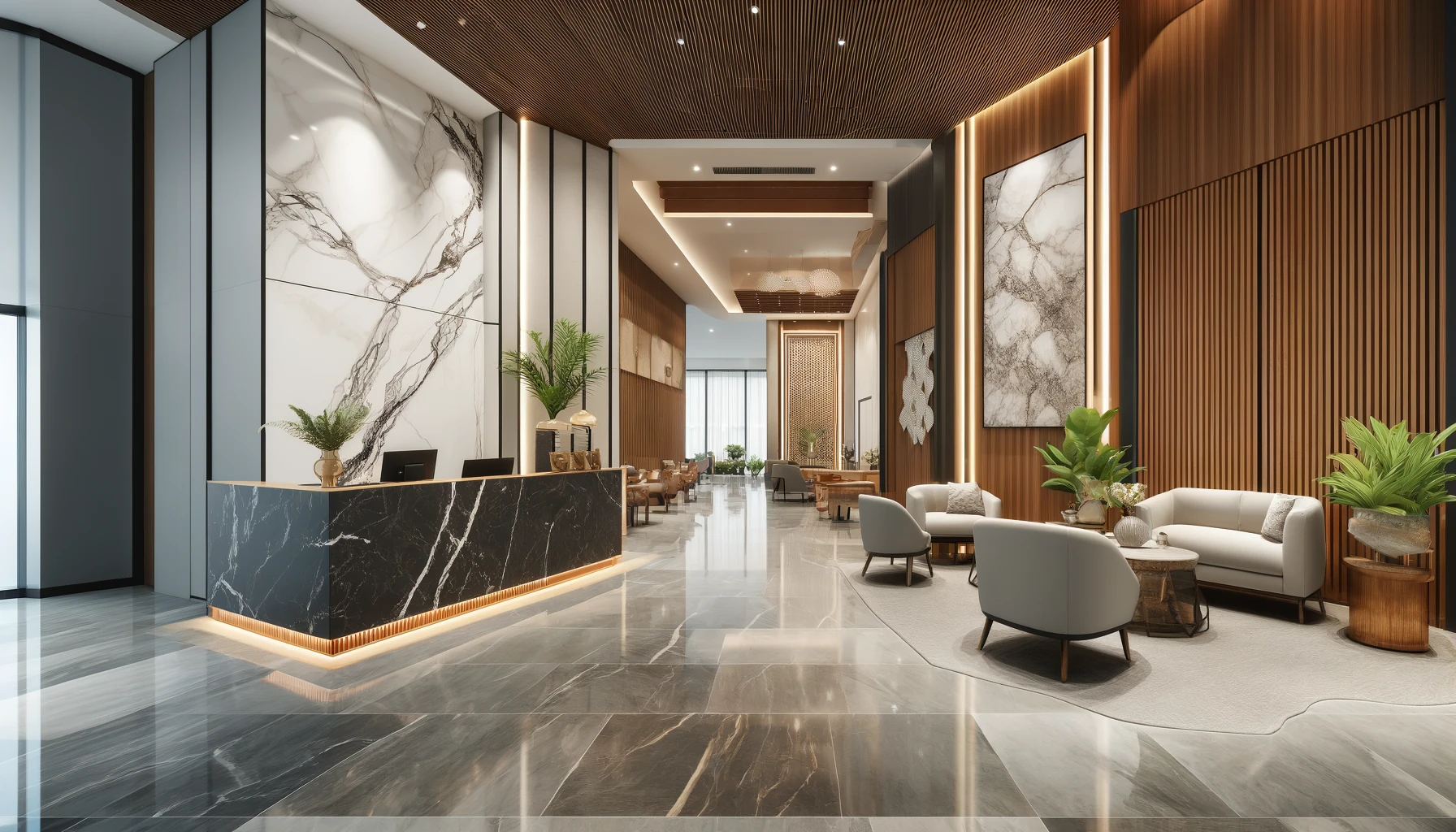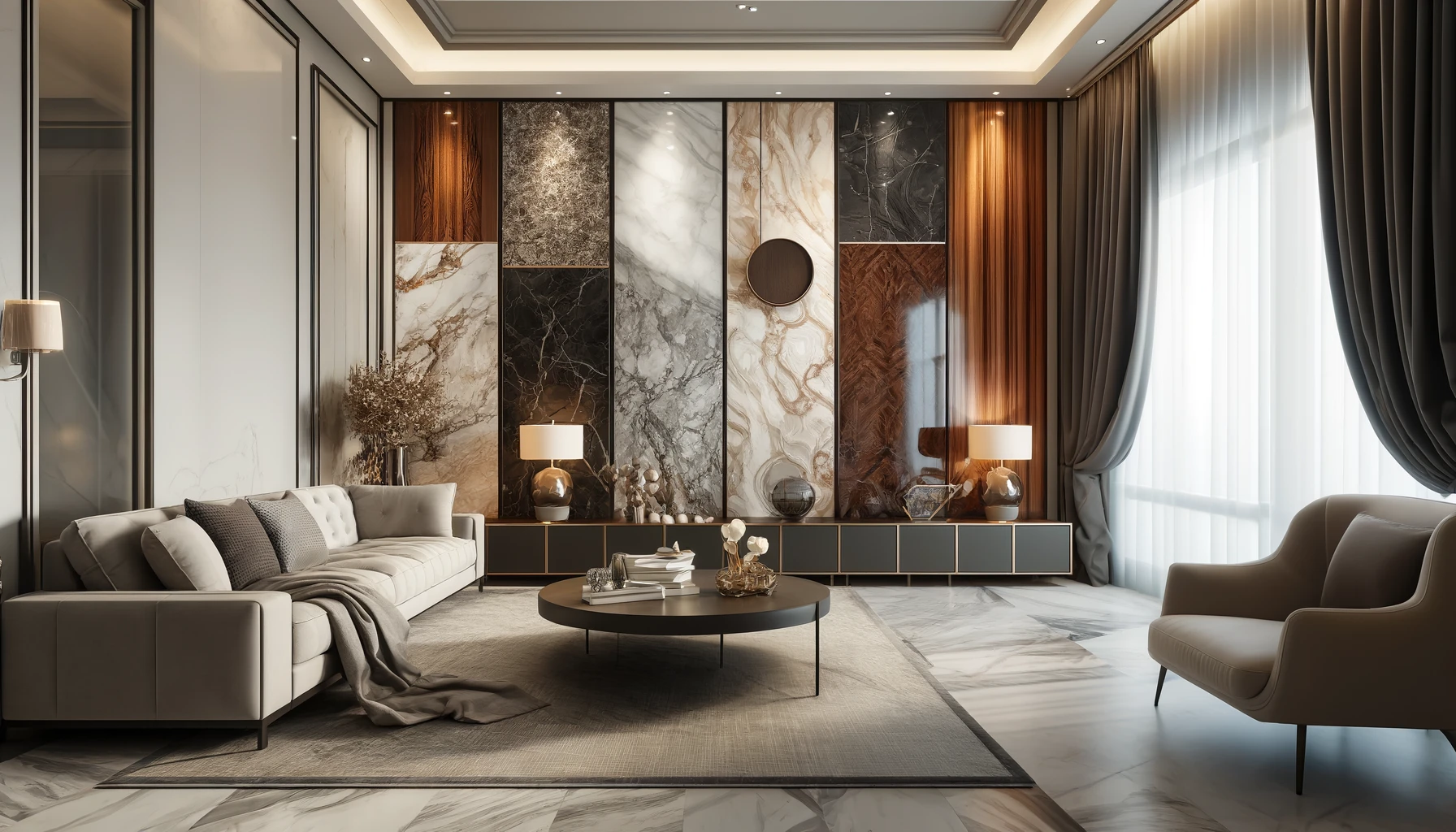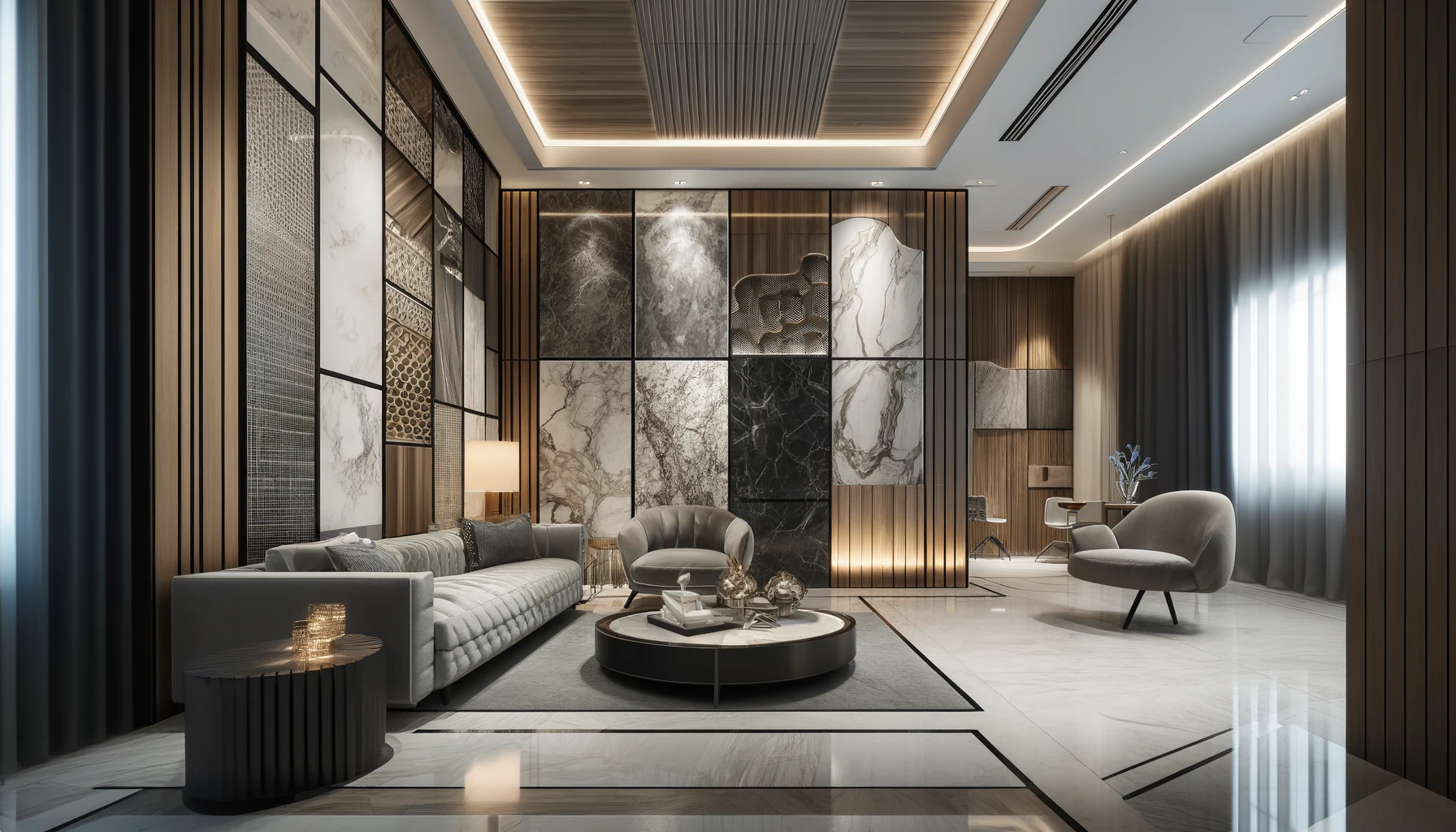In recent years, the demand for eco-friendly and affordable home décor solutions has soared. Homeowners and designers alike are seeking ways to achieve luxurious aesthetics without compromising on sustainability or budget. Enter MDF (Medium Density Fiberboard) – a versatile, cost-effective material that has revolutionized the world of interior design. Known for its durability and smooth surface, MDF can be crafted to mimic a variety of luxurious materials, making it a popular choice for both residential and commercial spaces.
In this blog post, we’ll explore the many benefits of using decorative MDF panels. We’ll delve into how MDF can replicate the appearance of expensive materials like hardwood, marble, and metal, and provide practical applications for its use in interior design. Additionally, we’ll share tips on maintaining MDF to ensure its longevity. By the end of this post, you’ll understand why MDF is an excellent choice for achieving a high-end look at a fraction of the cost.
Understanding Medium Density Fiberboard (MDF)
Definition and Composition
MDF, or Medium Density Fiberboard, is an engineered wood product made by breaking down hardwood or softwood residuals into wood fibers. These fibers are then combined with wax and a resin binder and formed into panels by applying high temperature and pressure. Unlike particleboard, MDF has a much smoother surface, making it ideal for painting or veneering.
Properties of MDF
MDF is celebrated for its durability and smooth finish. It doesn’t have knots or rings, which can make it prone to cracking or splintering like natural wood. Additionally, MDF can be easily machined into various shapes and profiles, allowing for intricate designs and custom finishes. Its dense composition also makes it less susceptible to warping or swelling, ensuring long-lasting performance.
Benefits of Using Decorative MDF Panels
Cost-Effectiveness
One of the primary advantages of MDF is its affordability. Compared to solid hardwood, marble, and metal, MDF offers a budget-friendly alternative without sacrificing quality or aesthetics. This cost-effectiveness makes it accessible for a wide range of projects, from small home renovations to large commercial installations.
Sustainability
MDF is an eco-friendly building material. It often incorporates recycled wood fibers and uses sustainable resources, reducing the need for virgin timber. This sustainability aspect aligns with the growing trend towards environmentally conscious construction and design practices.
Versatility and Aesthetic Appeal
Decorative MDF panels are incredibly versatile. They can be finished to mimic a variety of textures and materials, including wood, marble, and metal. Available in a wide range of colors, patterns, and designs, MDF can be tailored to suit any interior style, from modern to traditional. This adaptability makes it a favorite among designers looking to achieve specific looks without the high cost of natural materials.
Mimicking Luxurious Materials
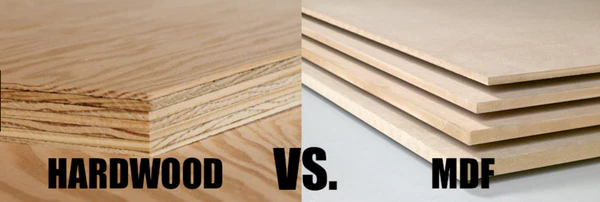
Wood
MDF can replicate the look of expensive woods like oak, mahogany, and walnut through various finishing techniques. Staining and veneering are common methods used to achieve a wood-like appearance. With these techniques, MDF can offer the rich, warm aesthetic of natural wood, suitable for cabinetry, wall panels, and furniture.

Marble and Stone
Techniques such as laminates and veneers allow MDF to take on the appearance of marble or stone. These finishes can provide the luxurious, polished look of marble surfaces at a fraction of the cost. MDF panels with a marble finish are perfect for creating elegant countertops, backsplashes, and accent walls.

Metal
MDF can also be coated or painted to mimic metals like brass, copper, and steel. This flexibility enables the creation of modern, industrial designs without the weight and expense of actual metal. Applications include decorative wall panels, shelving, and furniture pieces that exude a sleek, contemporary vibe.
Practical Applications
Interior Design

Commercial Spaces
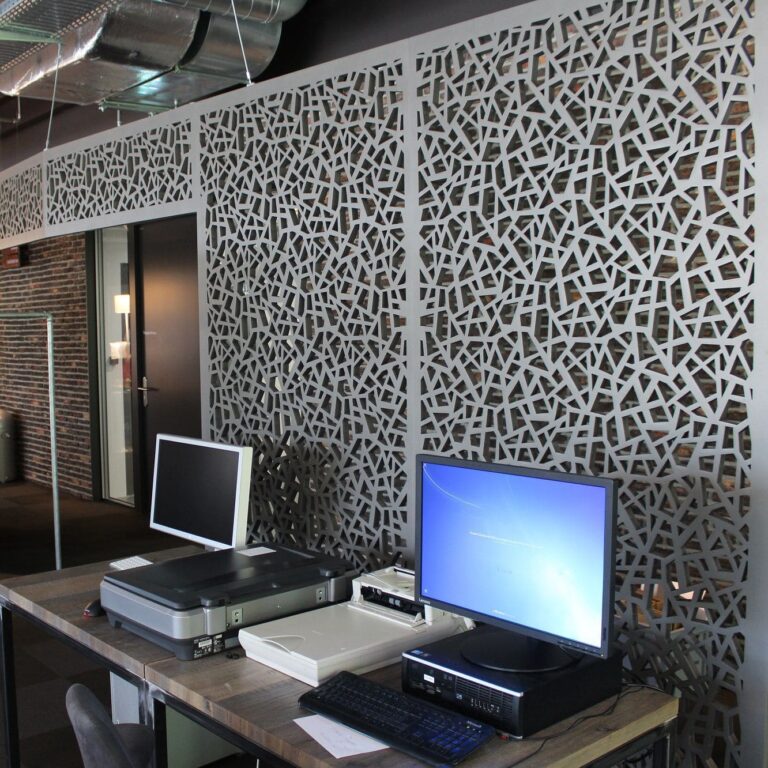
Maintenance and Longevity
Care Tips
Maintaining MDF panels is straightforward. To ensure longevity, it’s important to clean them regularly with a soft, damp cloth. Avoid using abrasive cleaners or harsh chemicals that could damage the surface. For painted or coated MDF, touch-up kits are available to repair minor scratches or blemishes, keeping the panels looking pristine.
Durability Insights
MDF panels are known for their durability. With proper care, they can last many years, maintaining their appearance and structural integrity. Unlike natural wood, MDF is less prone to warping or splitting, making it a reliable choice for various applications. Expert opinions and data consistently highlight the longevity of MDF when compared to other materials, reinforcing its value as a cost-effective, sustainable option.
Conclusion
Decorative MDF panels offer a remarkable blend of affordability, sustainability, and aesthetic appeal. By mimicking luxurious materials like hardwood, marble, and metal, MDF provides a high-end look without the high-end price tag. Whether you’re renovating a home or designing a commercial space, MDF is a versatile and practical choice that doesn’t compromise on quality or style.
If you’re considering MDF for your next project, contact Coastal Custom Products for a consultation. Our team can help you explore the many possibilities that MDF offers and ensure that your design vision becomes a reality. Embrace the future of sustainable building materials with MDF – a smart, stylish, and eco-friendly solution for modern interiors.

